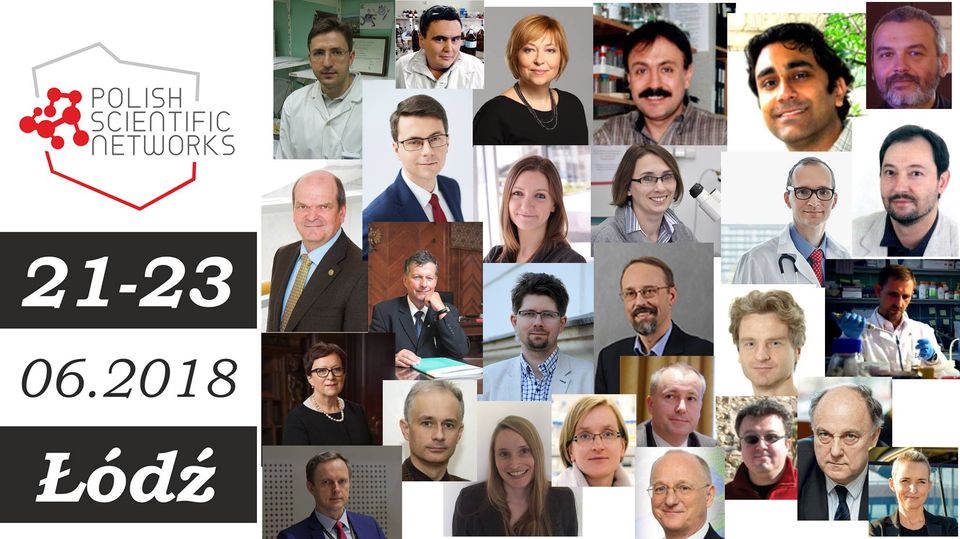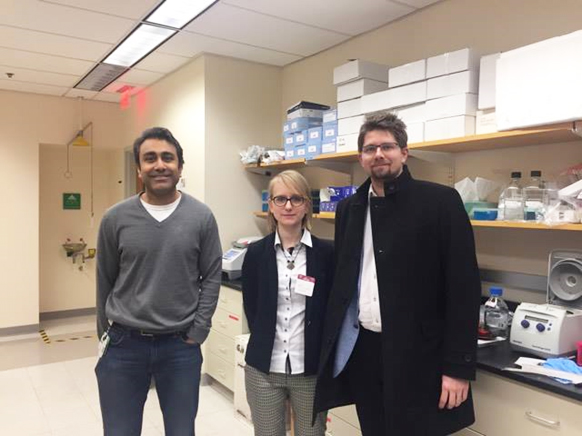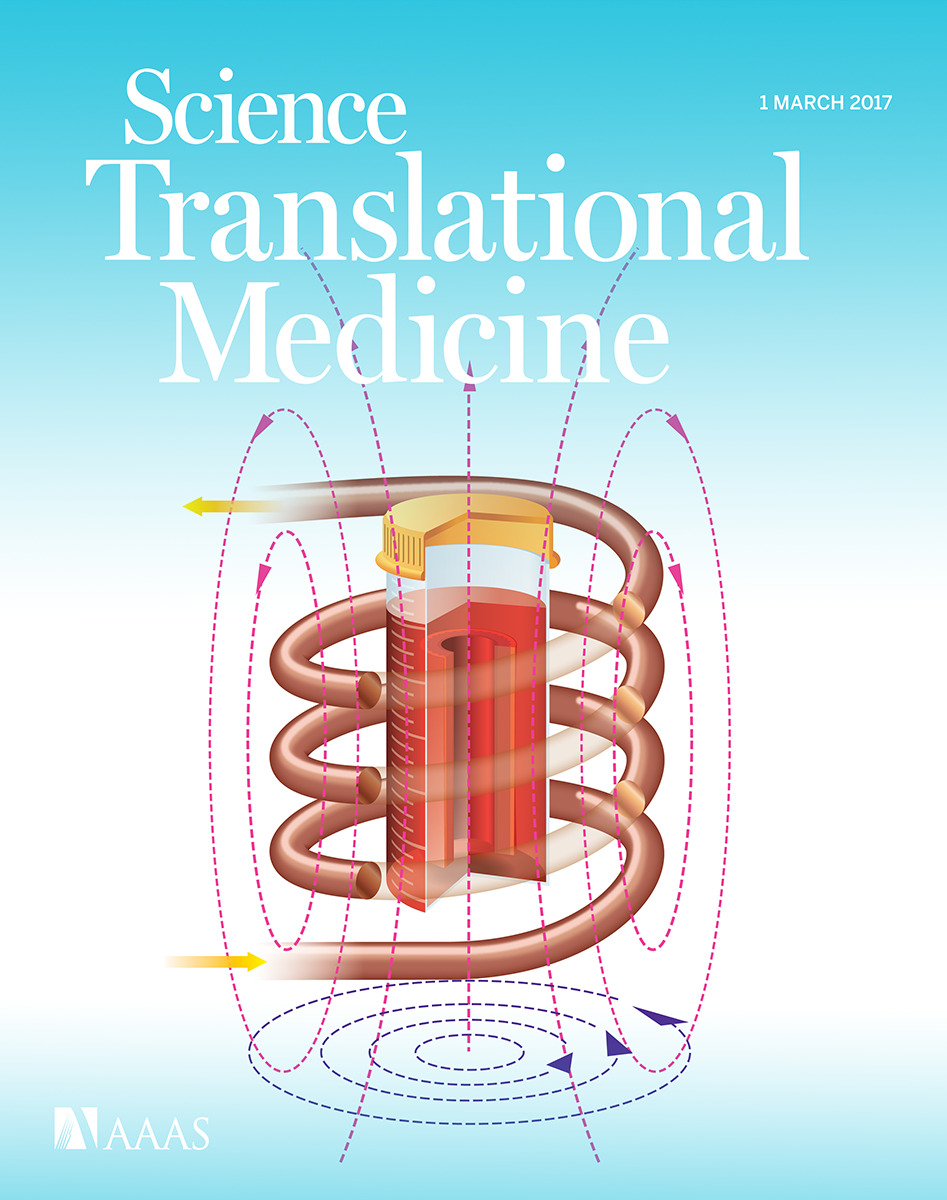Deep learning-based integration of circulating and cellular miRNAs expression of pancreatic cancer
PhD student, Konrad Stawiski MD carries out the project financed by Preludium grant. Pancreatic cancer is one of the most deadly oncological diseases. According to official statistics, in Poland, it is diagnosed in over 4000 patients yearly and out of those 4000 only about 200 survives 5 years of the diseases. This high mortality is […]








